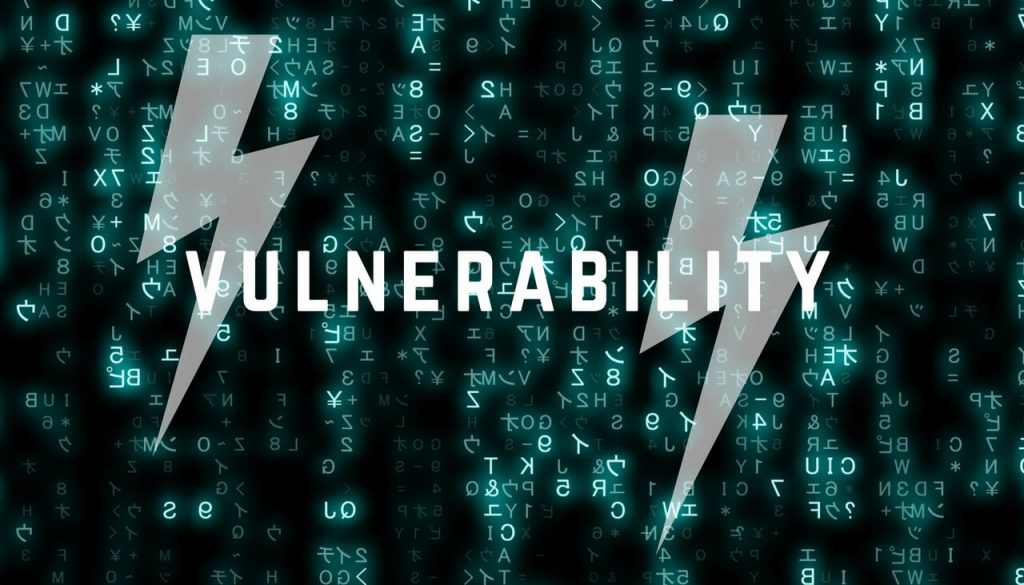
CVE-2022-2588, also known as Dirty Cred, is an eight-year old vulnerability in the Linux kernel that has been described as “as nasty as Dirty Pipe”.
The Connection Between CVE-2022-2588 and CVE-2022-0847
Dirty Pipe, or CVE-2022-0847, was disclosed earlier this year in the Linux kernel since version 5.8.
The flaw could create the possibility for threat actors to overwrite arbitrary data into any read-only files and lead to a complete takeover of exposed systems. Researcher Max Kellermann said Dirty Pipe was similar to the Dirty Cow flaw disclosed in 2016 but easier to exploit. CVE-2016-5195, also known as Dirty Cow and Kernel Local Privilege Escalation, was found in every Linux distribution released in the past nine years, up to 2016.
CVE-2022-2588 or Dirty Cred, on the other hand, is closely tied to the capability of the CVE-2022-0847 vulnerability, according to Red Hat researchers. “For other vulnerabilities without such a pipe-abusive power, the exploitation is still hard to follow the dirty pipe journey and thus brings the same level of security implication,” they added.
CVE-2022-2588 has been described as a use-after-free flaw located in route4_change in the net/sched/cls_route.c filter implementation in the Linux kernel. The vulnerability allows a local, privileged attacker to crash the system, possibly creating a local privilege escalation issue.
Is There Any Mitigation Against the Dirty Cred Vulnerability?
Mitigation for the vulnerability is either not available or the currently available options don’t meet the Red Hat Product Security criteria comprising ease of use and deployment, applicability to widespread installation base, or stability, the researchers pointed out.


